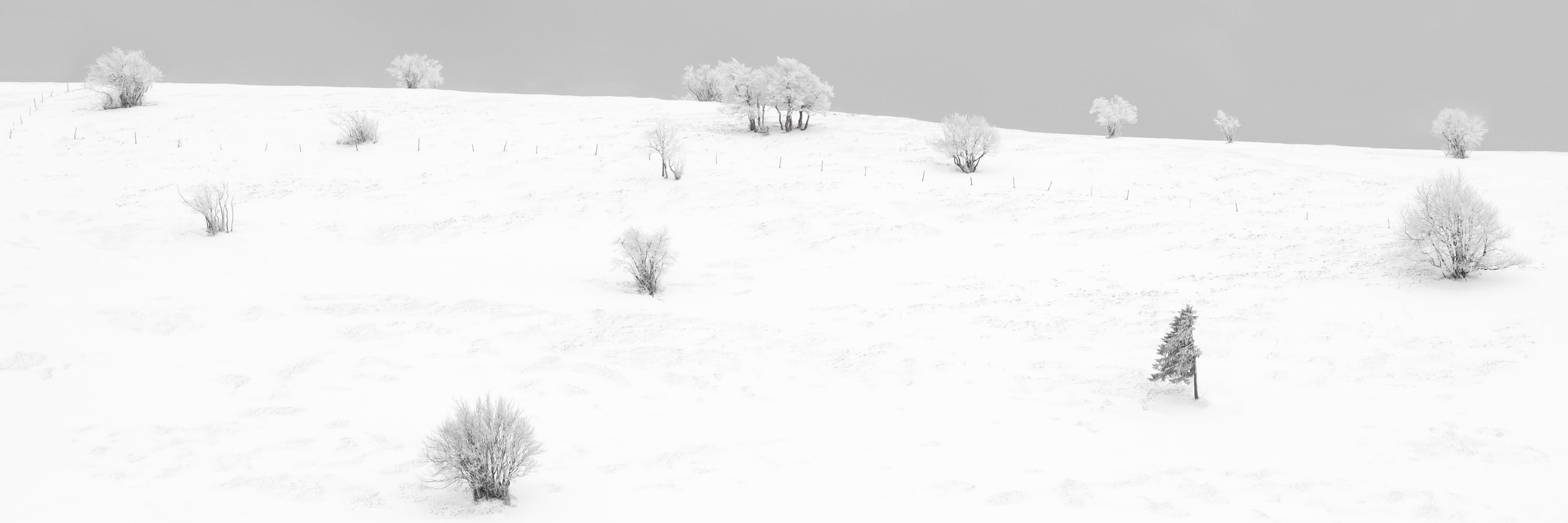The Unassuming Traveller

“An unassuming man was travelling […]”
| Thomas Mann
We all make assumptions. They are built on our own past experiences, on our perceptions, our expectations or even based on wishful thinking. Assumptions arise in situations of uncertainty, in which only incomplete information is available. To make decisions it seems easier to draw an assumption than observing a situation longer or asking more question to complete the missing piece of information.
The problem with assumptions is that they are often wrong. Even worse, they are not only wrong, but they force us to see something from a certain perspective and it prohibits us to see it from other possible angles. We behave like Truman, but with the main difference that we are creating the show by ourselves.
How would life be without assuming?
In this blog post I’d like to quickly talk about Thomas Mann’s Magic Mountain (“Der Zauberberg”) and why I personally still believe it is one of the most important books today. Then, I’d like to discuss the importance of the book for being an artist in today’s times.
In the Magic Mountain Thomas Mann tells us the story of his main actor Hans Castorp. The book starts with the chapter on Hans’ Arrival in a sanatorium in Davos, Switzerland and with the words: “An unassuming man was travelling […]”. While planned for a three weeks visit, Hans stays there for seven years.
On page 31, Thomas Mann characterizes Hans Castorp as follows: “It will be seen that we mean to say everything that may be said in Hans Castorp’s favour, yet without fulsomeness, not making him out as better or worse than we has. He was neither genius nor dunderhead; and if in our description of him, we have avoided the use of the word mediocre, it has been for reasons quite unconnected with his intelligence, hardly everyone with any bearing upon his whole simple personality, but rather out of regard for his lot in life, to which we incline to ascribe a certain importance above and beyond personal considerations.” What stands out in this characterisation is the word “mediocre”. And in fact later on in the text on page 32 Thomas Mann argues that Hans Castorp “[…] must be considered mediocre, though in an entirely honourable sense.”
The story describes an intellectual but also spiritual ripening of Hans through many conversations he has with other individuals in the sanatorium as well as his reflections on them. Among these influences, two mentors stand out: Ludovico Settembrini is an Italian writer who represents openness for innovation, a belief in progress and who is a strong supporter of humanistic and democratic ideals. Leo Naphta is a radical traditionalist, a believer of the medieval age and influenced by communistic dogmata. Both mentors strive for the support of Hans and are often in conflict with their opinions. Quite literally, Hans stands in the middle between two extreme political opinions. However, being mediocre and able to stand in the middle between both enables him to critically reflect on different opinions, dogmata and theories. As such, he comes to the conclusion that both mentors are gabblers who think high of themselves and are close-minded for different perspectives on the world. Hans realizes that being mediocre is a real asset that allows him to be unassuming.
In the seven years at the sanatorium, Hans lives without time. He decides to not let himself being influenced by the finiteness of life, but rather emphasizes love and the kindness of life. While difficult to read, one beauty of the book is a writing style that mirrors this living without time.
Why I do believe in this book and its importance in today’s world?
It would be a favour to the world if we went in search for ourselves, instead of striving for self improvement rooted in self-denial we enjoyed being mediocre capable to observe and reflect on the extremes, if we were grateful for what we have and unassuming about the uncertain. Not following dogmata.
How can this help artists?
Unassuming means to live without time. If we are present and make things happen instead of thinking about potential events, we have the strongest connection to ourselves. It is about these moments in which we create the best art possible we are able to give.
In living without time. Unassumingly.
Acknowledgement
With great gratitude to my school teacher Egon Goldschmidt who opened many important doors to me.
References
Mann, Thomas: The Magic Mountain. Translated from the German by H. T. Lowe-Porter, Secker & Warburg: London, 1924, available at https://archive.org/details/in.ernet.dli.2015.2424, 12012020.
